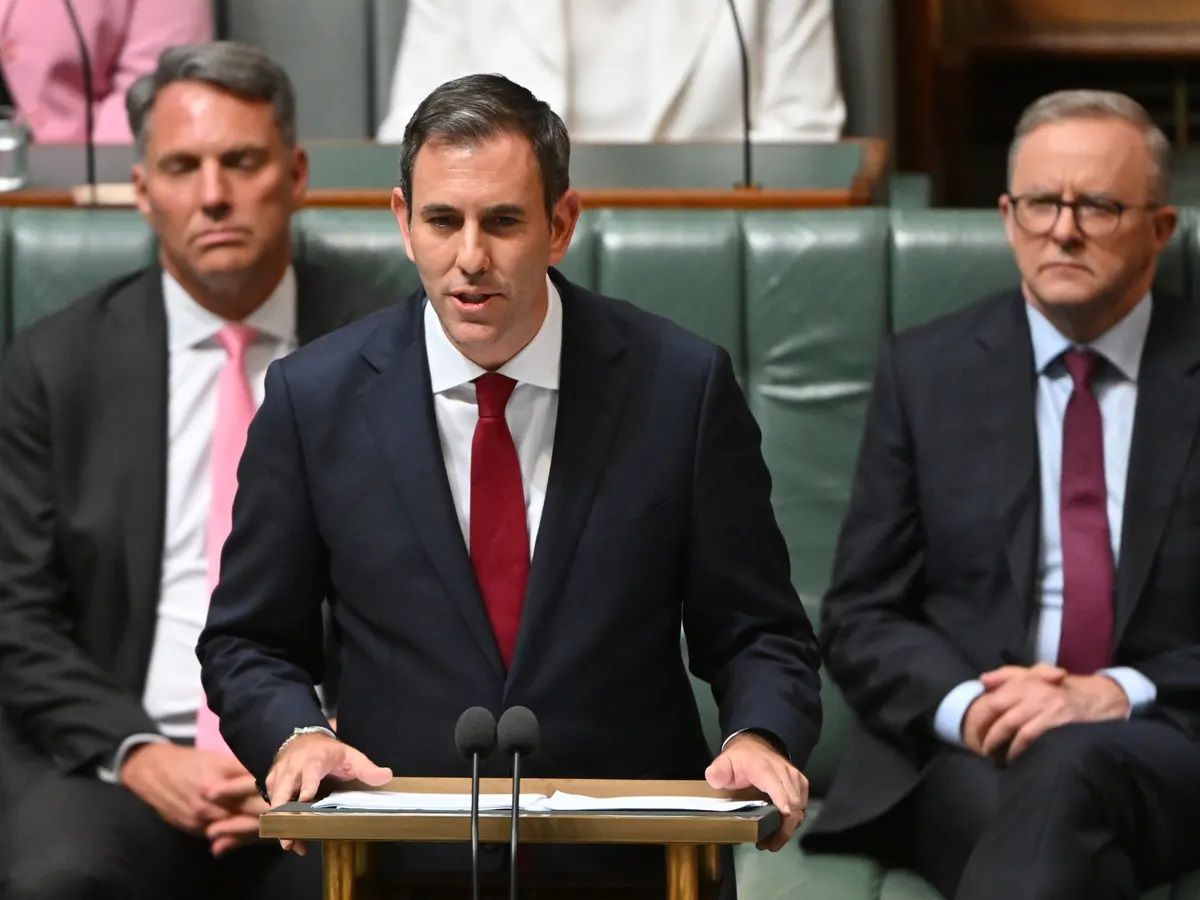What would happen if…
Life does not always go to plan. While we logically know that, most of us don't plan for the worst - it's all a bit morbid and time consuming.
The downside of not planning is the potential for hard earned assets to be squandered, family fall-outs, and money handed to the Government that could have been distributed in accord with your wishes. If you are a business owner, then the stakes are even higher. As a population, planning is more important than ever because:
- The ageing demographic – 1 in 7 of us are now aged 65 and over (3.8 million)
- The baby boomer generation represent only 25% of the population but hold 55% of the wealth
- We are entering a period of intergenerational wealth transfer from the baby boomer generation
- Over the last 25 years there has been an explosion of wealth in Australia
Estate planning is simply identifying your assets and liabilities and what you want to happen to those assets if something happens to you. As part of that, you need to look at the issues that might arise and how best to manage them. All of this is then reviewed for tax outcomes and the legal requirements to provide the best care and protection for your beneficiaries. If you are a business owner, there are also another set of issues to consider to ensure that the business can continue if you are not able to continue in your current role. Or, your beneficiaries can take their share of the value accumulated in the business. This planning will protect your beneficiaries, the business, and your business partners. Estate planning does not have to be hard work, but it does have to be planned. It's also important to understand that actual wealth or the size of your estate is not the sole reason for estate planning. Estate planning is important for:
- The care and maintenance of minor children.
- Managing the respective rights and expectations of beneficiaries, particularly with blended families.
- Avoiding disputes between family members.
- Relationships outside of the immediate family.
- Managing liabilities of the estate.
- Assets which may not be capable of immediate realisation or where value will be diluted by realisation.
- The transfer of assets through generations.
Estate planning seeks to not only distribute the assets of your estate but do so in a way that protects the estate, addresses issues within the estate, and fulfils your wishes. What the stats say While 4 in 5 of us rate our health as 'very good', 50% of Australians have a chronic condition that is likely to cause their death, 63% of adults are overweight or obese, and around 45% of us will experience a mental illness in our lifetime. Leading causes of death differ by age:
- 1–44 years: suicide, land transport accidents
- 45–74 years: coronary heart disease, lung cancer
- 75 years and over: coronary heart disease, dementia and Alzheimer disease
It's estimated that 138,300 people were diagnosed with cancer and 48,600 died from it in 2018. Proportion of adults who are overweight or obese:
Australia enjoys one of the highest life expectancies of any country in the world at 82.5 years (in 2015) and is ranked fifth among 35 OECD countries. Japan has the highest life expectancy at 83.9 years.
Men aged 65 in 2014–2016 could expect to live another 19.6 years (an expected age at death of 84.6 years) and the life expectancy of women aged 65 in 2014–2016 was 22.3 years (an expected age at death of 87.3 years).
We're also working longer – 13% of Australians aged 65 and over participate in the workforce (17% for men and 10 for women). This is compared to 2006 when the workforce participation rate was 8%.
Estate Planning is more than ensuring a will has been prepared. A well-considered and documented estate plan provides a map of your intentions on how your assets are to be distributed and will help avoid conflict between your estate's beneficiaries.
In preparing your estate plan there are many factors beyond the preparation of your will that need to be considered, including:
- Power of attorney (Who makes decisions if you are incapacitated?)
- Enduring Guardianship (Who makes the medical and lifestyle decisions if you are mentally incapacitated?)
- Minimising taxation implications on the distribution of assets
- Testamentary trusts. (These are trusts created through your will that hold assets on behalf of beneficiaries)
- Business continuity issues
- Have you considered how to deal with your non-estate assets?
To help you achieve your intended outcome, your Aspen Corporate advisor will consider your circumstances and objectives and formulate a map on how to proceed.
If you need some assistance with estate planning, or would like to review any existing plans, contact your Aspen Corporate advisor.







